Bay Blues: How Blue Catfish Are Changing the Bay
December 2024 • Volume 23, Number 2
Belly of the Beast
By Madeleine Jepsen
Blue catfish have spread throughout the Chesapeake Bay’s major tributaries—and bring their appetites with them. What do these invasive fish eat, and how are they affecting the Bay’s iconic species? Researchers use diet studies to answer these questions and learn how blue catfish diets change as they grow.
Fish Out of Water
A bounty of invasive blue catfish has led to new opportunities for commercial watermen, but can processors keep pace? Learn more about the hurdles and opportunities shaping the future of Maryland’s blue catfish industry.
Mouths to Feed
Dining halls, school cafeterias, and food pantries are using blue catfish as a nutritious protein source for their clients. Learn more about these large-scale efforts that bring a tasty solution to the table.
Taking Stock
Researchers are on a mission to model the Bay’s blue catfish populations—but first they have to gather crucial data about these invasive fish.
An Appetite for Invasives
From blackened Chesapeake Channa to curried wild-caught Chesapeake blue catfish, "invasivore" campaigns recruit the public to help remove invasive species from the water—one bite at a time.

View Our Science Comic Strip: The Catfish Conundrum
Dive Deeper
Recipe: Chesapeake Blue Catfish Tacos
Want to cook wild-caught Chesapeake blue catfish at home? Follow along as chef Keyia Yalcin of Baltimore’s Fishnet restaurant and food truck teaches you how to make tasty blue catfish tacos.
Dive Deeper: How Did Blue Catfish Arrive in Maryland Waters?
Salinity may affect blue catfish distribution in the Bay.
Dive Deeper: How Anglers Catch Blue Catfish Around the Bay
Commercial fishers and hobbyists use a variety of gear to land blue catfish.
Dive Deeper: Eating Blue Catfish Safely
One size does not fit all when it comes to fish consumption advisories.

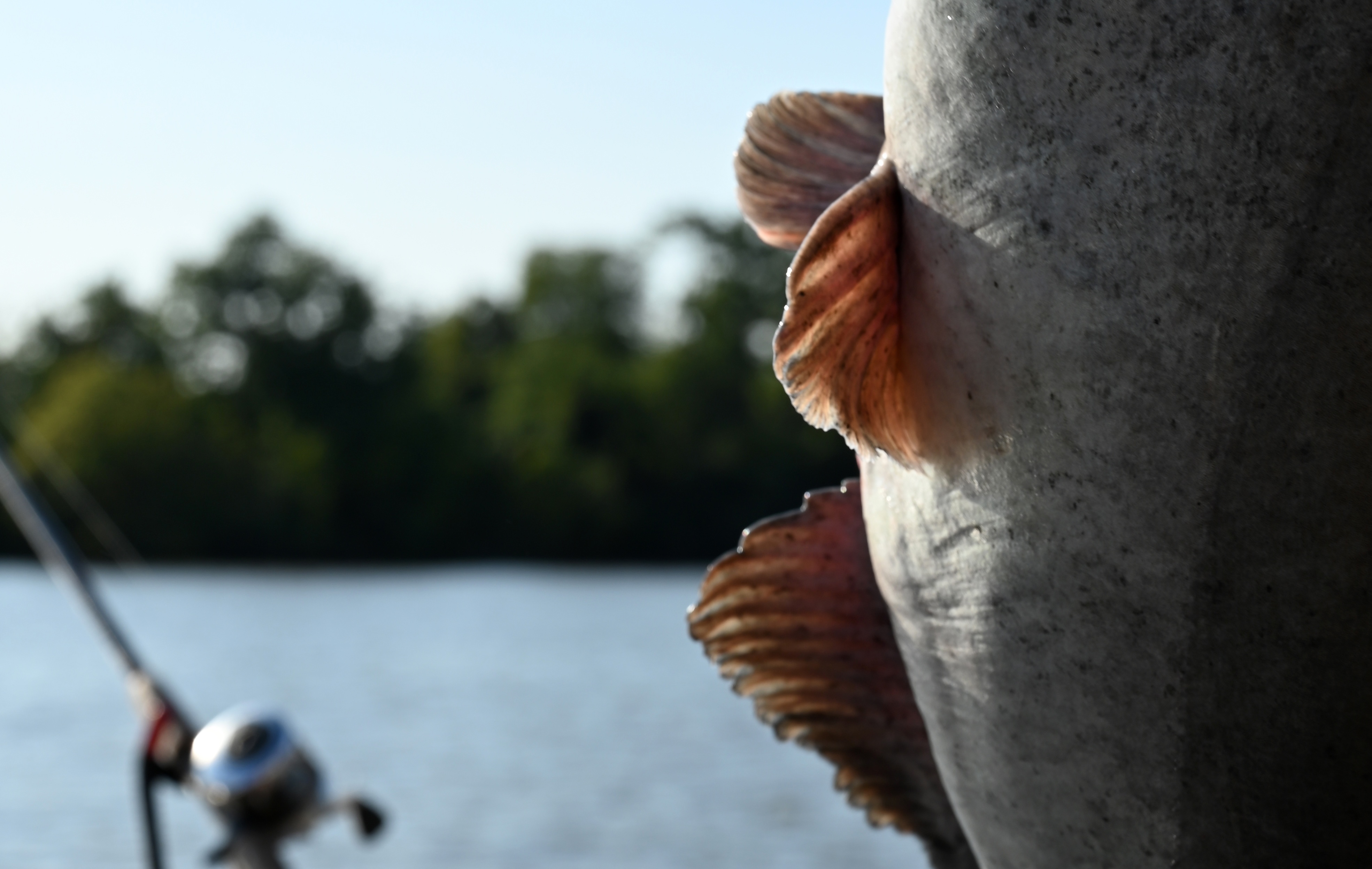
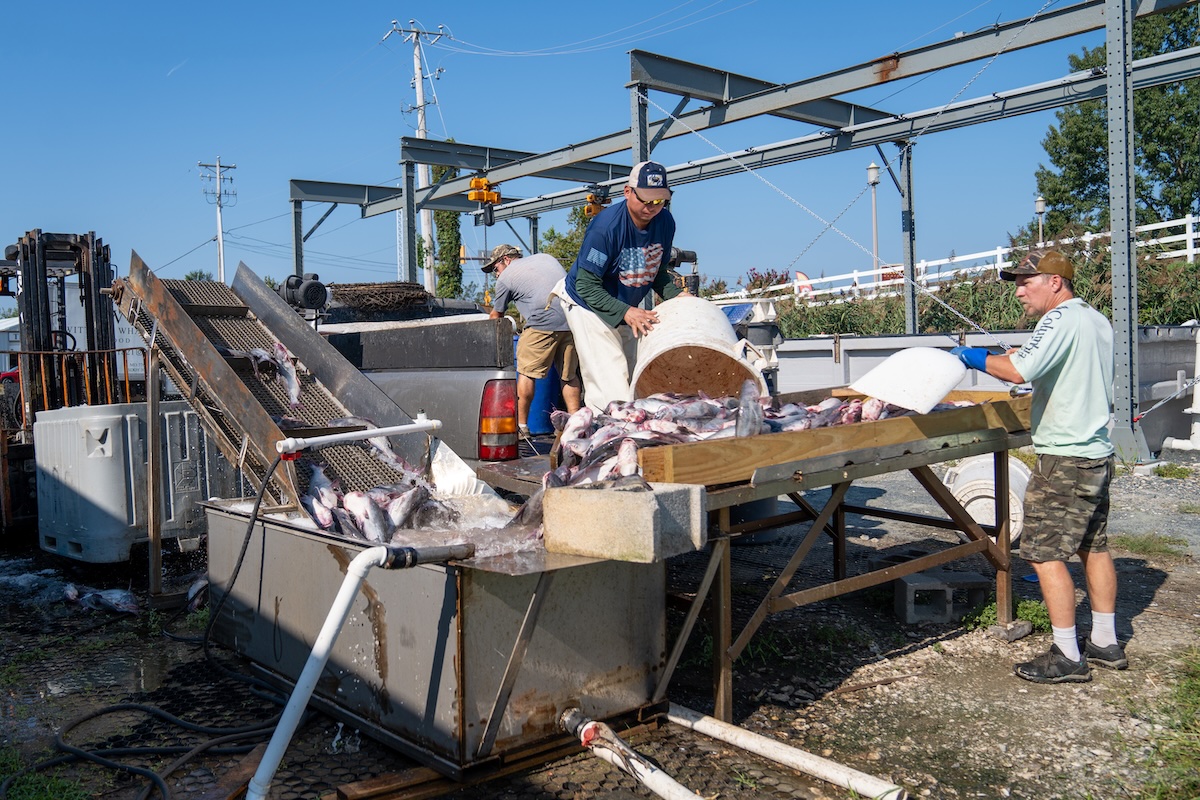
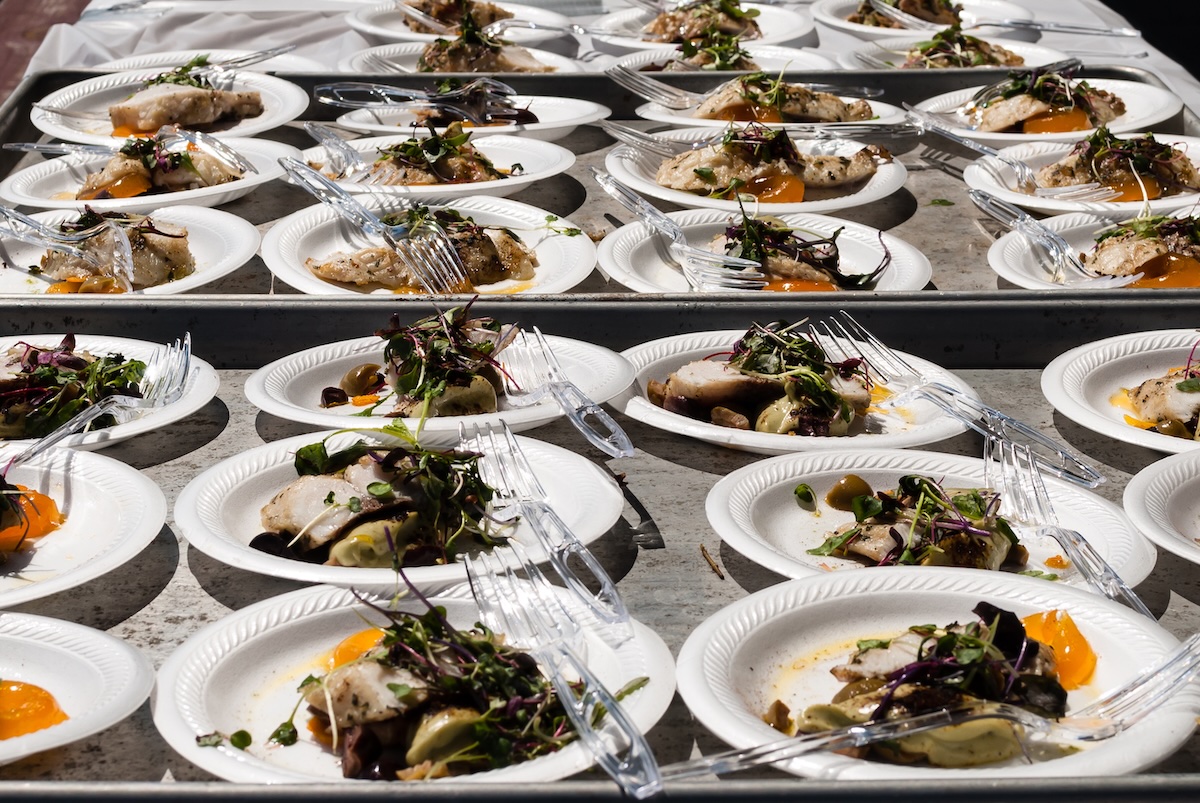
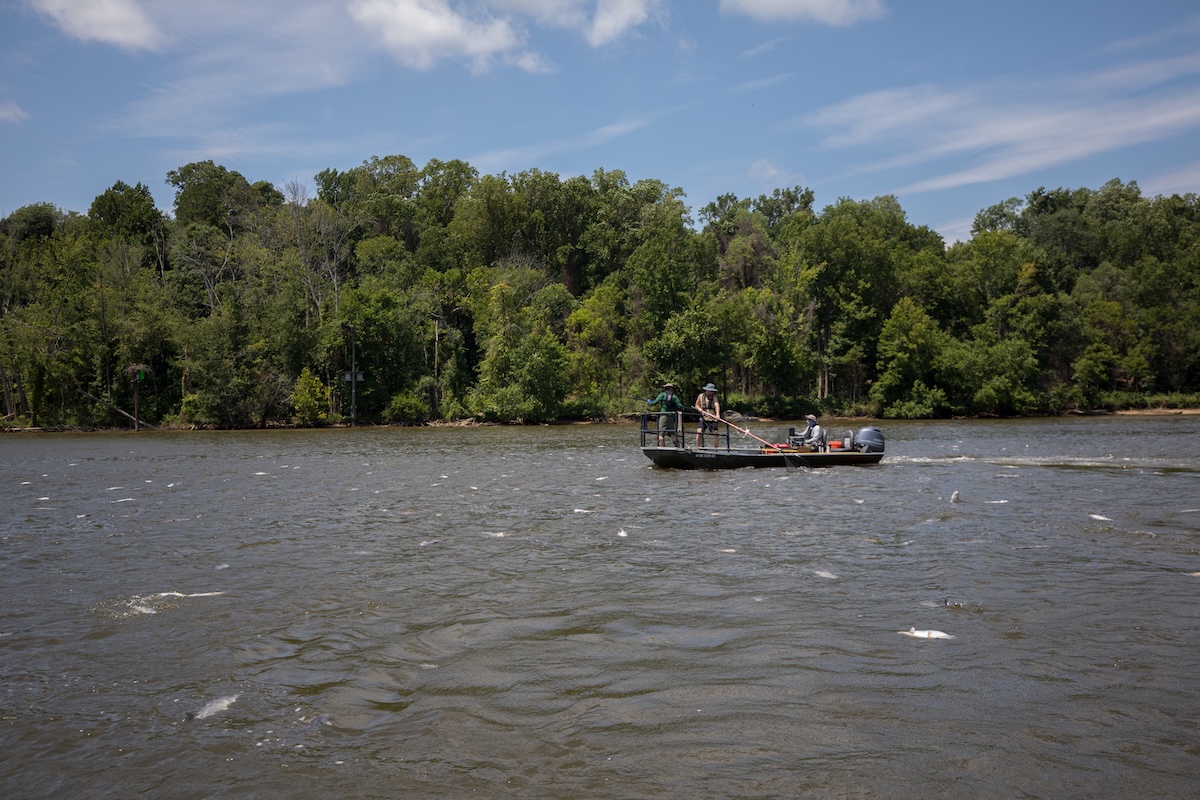
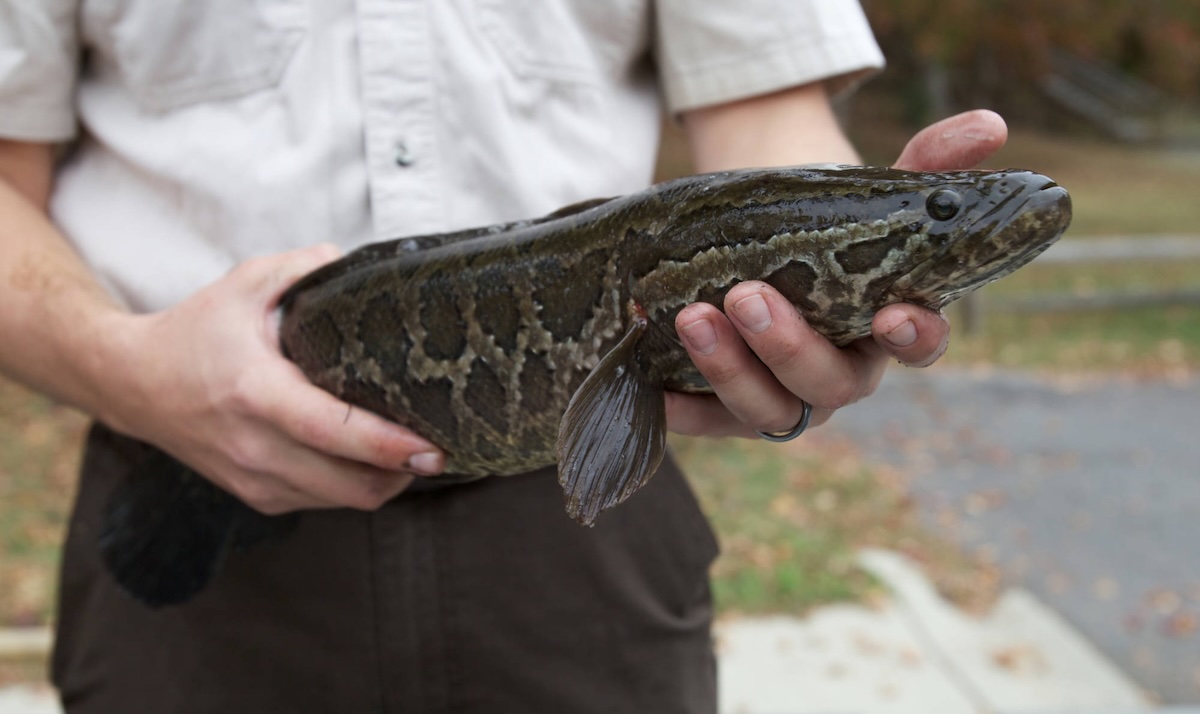


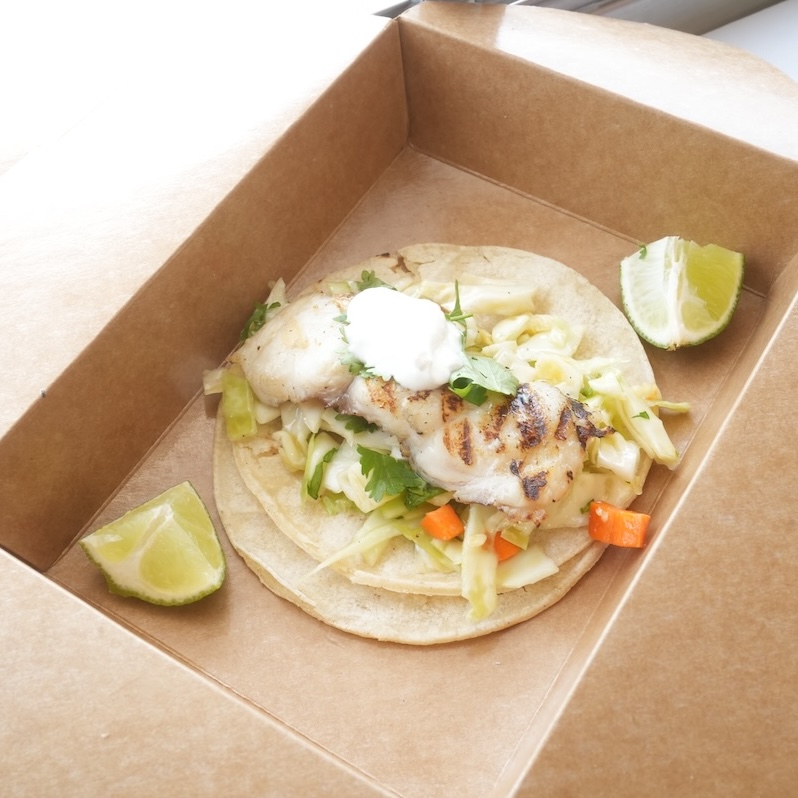
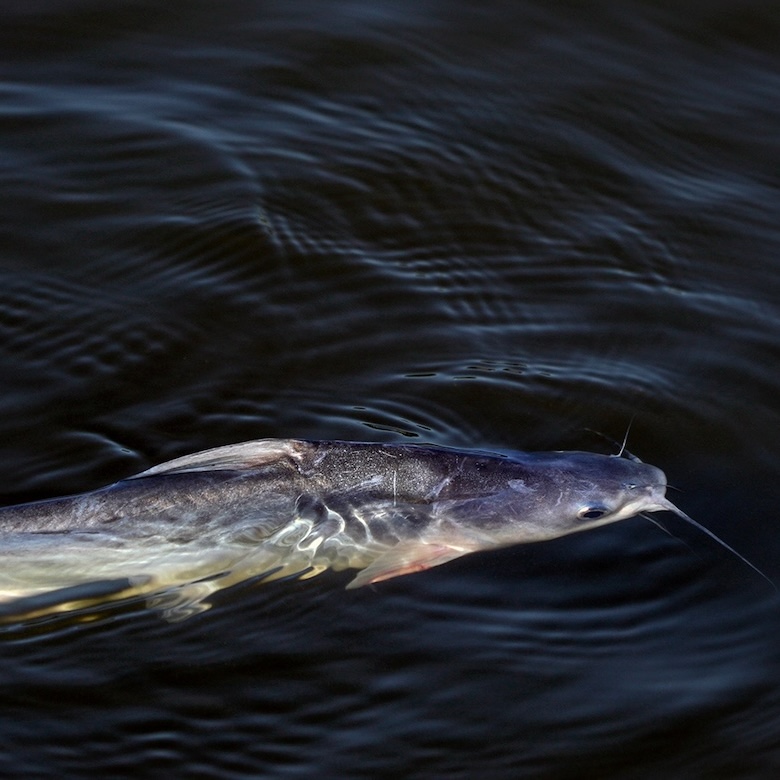
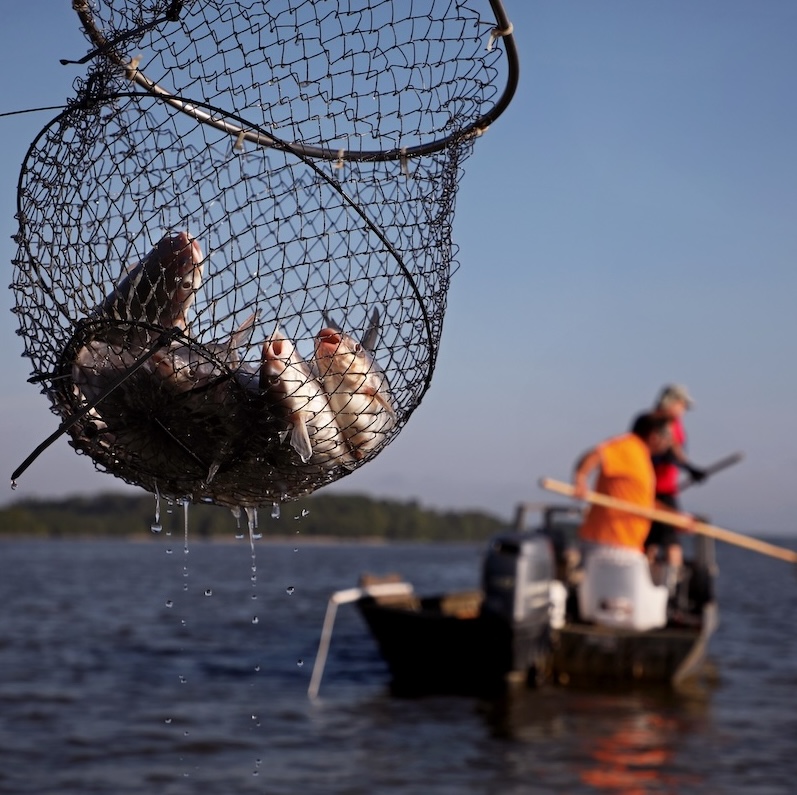


![[Maryland Sea Grant]](/images/uploads/siteimages/CQ/MD-Logo.png)